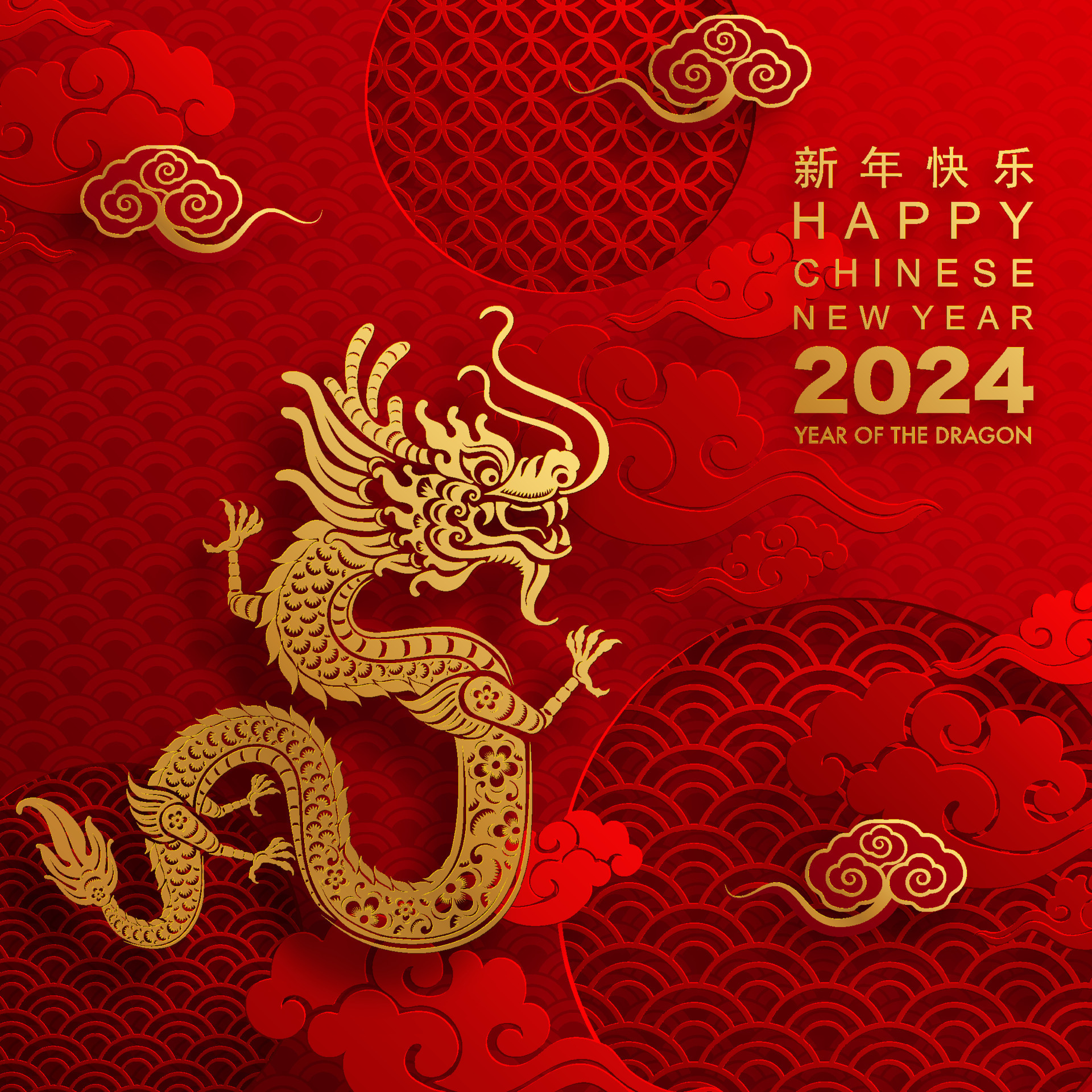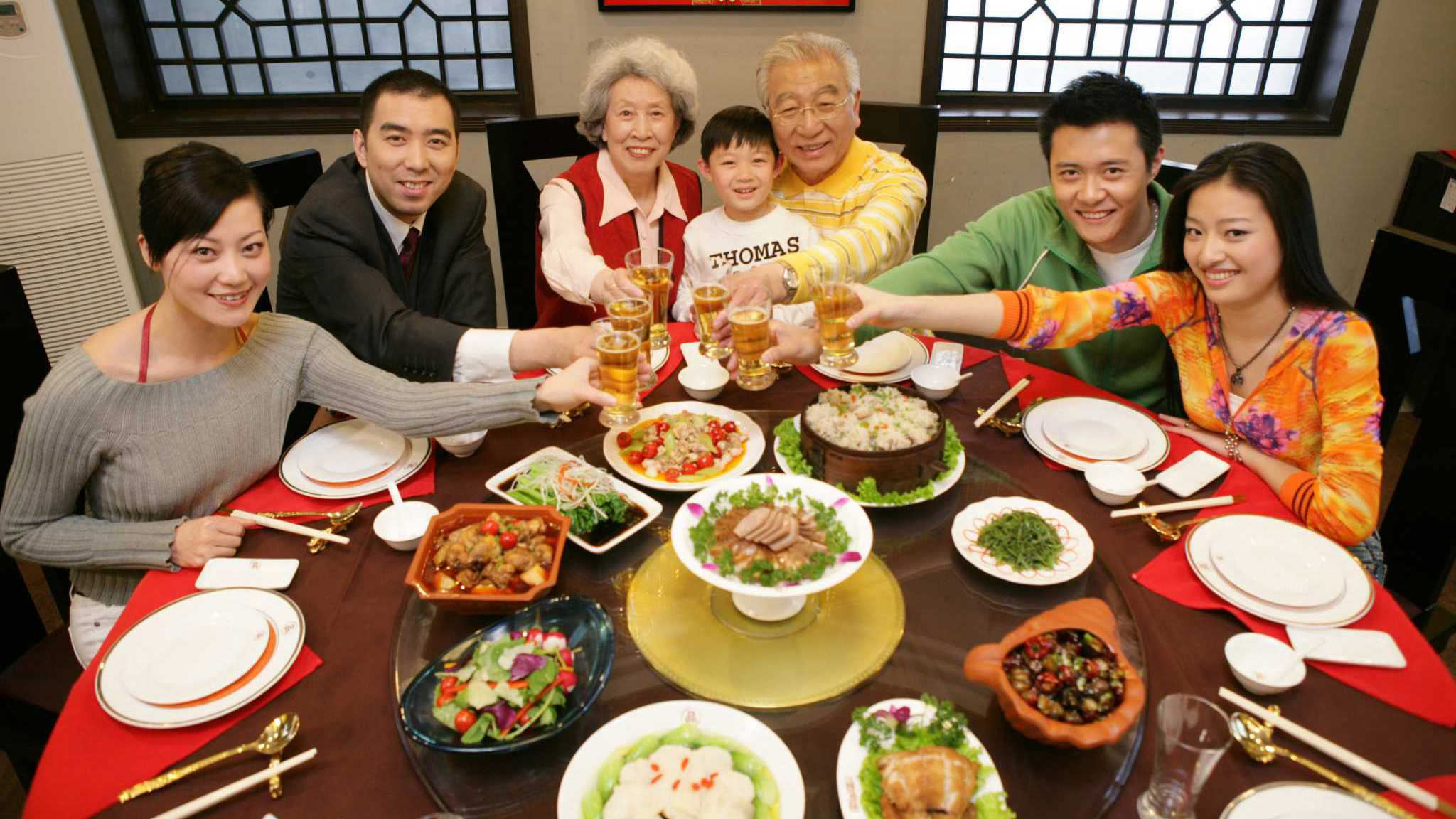"Celebrate The Lunar New Year: Chinese Spring Festival" is a time-honored tradition celebrated by millions of people around the world. This vibrant festival holds immense cultural and historical significance, symbolizing new beginnings and the arrival of spring.
Editor's Notes: "Celebrate The Lunar New Year: Chinese Spring Festival" have published today date, 15th January 2023. Understanding the nuances and traditions of this festival is crucial for appreciating the depth of its cultural significance. To provide our readers with a comprehensive understanding, we have meticulously analyzed and gathered information from various sources. This curated guide aims to empower our target audience with the knowledge to make informed decisions and delve deeper into the essence of "Celebrate The Lunar New Year: Chinese Spring Festival".
Through extensive research and analysis, we have identified key differences and takeaways that will be presented in a clear and informative table format. Our goal is to provide our readers with a concise and accessible overview of the most important aspects of "Celebrate The Lunar New Year: Chinese Spring Festival".
Our main article topics will explore the origins, traditions, customs, and cultural significance of "Celebrate The Lunar New Year: Chinese Spring Festival". We will also provide insights into the preparations, festivities, and symbolism associated with this vibrant celebration.
FAQ
Here are answers to commonly asked questions about Chinese New Year or Spring Festival, a significant holiday in Chinese culture.

Chinese Dragon Traditional Spring Festival Illustration, Year Of The - Source pngtree.com
Question 1: When is Chinese New Year celebrated?
Chinese New Year is a movable holiday, meaning its date changes each year. It typically falls between January 21st and February 20th, based on the lunar calendar.
Question 2: What is the significance of the zodiac animals in Chinese culture?
The Chinese zodiac is a repeating cycle of 12 animal signs: rat, ox, tiger, rabbit, dragon, snake, horse, sheep, monkey, rooster, dog, and pig. Each animal represents different personality traits and characteristics, and the year of birth determines one's zodiac sign.
Question 3: What are some traditional Chinese New Year foods?
Popular dishes include dumplings, which symbolize wealth and prosperity; spring rolls, representing new beginnings; and fish, signifying abundance.
Question 4: What is the most important activity during Chinese New Year?
Family gatherings are the centerpiece of Chinese New Year. Family members travel from near and far to reunite and celebrate together.
Question 5: How long does Chinese New Year last?
Chinese New Year officially lasts for 15 days, with the first day being the most important. The festival culminates on the 15th day with the Lantern Festival.
Question 6: What are some common taboos associated with Chinese New Year?
Traditionally, sweeping and cleaning are avoided on the first day of the new year, as it is believed to sweep away good fortune. It is also considered unlucky to argue, borrow money, or say negative words.
Understanding these frequently asked questions provides insight into the significance and traditions of Chinese New Year, enabling appreciation for the cultural heritage.
Tips
To celebrate the Lunar New Year successfully, there are several tips to consider, ensuring a meaningful and enjoyable experience.
Tip 1: Learn About the Traditions: Familiarize yourself with the cultural significance of the Lunar New Year. Celebrate The Lunar New Year: Chinese Spring Festival such as the symbolism behind the red envelopes, the dragon and lion dances, and the importance of family reunions. Understanding the traditions will deepen your appreciation for the holiday's cultural richness.
Tip 2: Decorate Your Home: Create a festive atmosphere by decorating your home with auspicious symbols. Hang red lanterns, display "Fu" or "Happiness" characters, and place bowls of oranges or tangerines to represent good fortune and prosperity.
Tip 3: Prepare Traditional Foods: Feast on traditional Lunar New Year dishes that symbolize prosperity and good luck. Dishes such as dumplings, spring rolls, and longevity noodles represent prosperity, wealth, and a long life.
Tip 4: Exchange Gifts and Red Envelopes: Gift-giving is an essential part of Lunar New Year celebrations. Exchange auspicious gifts like lucky charms, zodiac-themed items, or red envelopes containing money to symbolize good fortune and prosperity.
Tip 5: Participate in Cultural Activities: Attend Lunar New Year parades, visit temples for prayers and offerings, or join community gatherings.

2025 Chinese New Year Lunar Calendar - Cissy Deloris - Source melaaseserene.pages.dev
These activities not only provide entertainment but also offer opportunities to connect with the local culture and traditions.
By following these tips, you can celebrate the Lunar New Year authentically and meaningfully, honoring its cultural significance and traditions while creating lasting memories.
To delve deeper into the traditions and customs of the Lunar New Year, refer to the comprehensive guide at Celebrate The Lunar New Year: Chinese Spring Festival.
Celebrate The Lunar New Year: Chinese Spring Festival
The Chinese Spring Festival, known as the Lunar New Year, is a significant celebration steeped in tradition and cultural heritage. This festival encompasses various essential aspects, each contributing to the vibrant and meaningful experience it offers:
- Family Reunions: A time for families to gather and celebrate together.
- Feasting: Delicious traditional dishes are enjoyed to symbolize abundance.
- Fireworks: Spectacular displays light up the night, warding off evil spirits.
- Red Envelopes: Gifts of money in red envelopes represent good fortune.
- Lion and Dragon Dances: Lively performances filled with symbolism and entertainment.
- Spring Cleaning: Homes are thoroughly cleaned to welcome the New Year with a fresh start.
These aspects intertwine to create a rich tapestry of customs and beliefs that embody the spirit of the Lunar New Year. Family reunions symbolize the importance of family bonds, while feasting represents the hope for a prosperous year. Fireworks and lion dances bring joy and excitement, and red envelopes convey wishes for good fortune. Spring cleaning signifies a fresh start, and all these elements come together to celebrate the arrival of the New Year with optimism and a sense of renewal.
Celebrate The Lunar New Year: Chinese Spring Festival
The Lunar New Year, also known as the Chinese Spring Festival, is a significant cultural event celebrated by millions of people around the world. It is a time to reunite with family, exchange gifts, and celebrate the coming of spring. The festival has a rich history and tradition dating back thousands of years, and it continues to be an important part of Chinese culture today.

Lunar New Year Vs Chinese New Year - Festive Face-Off - Source thetruthfacts.com
There are many different ways to celebrate the Lunar New Year. Some of the most popular traditions include:
- Decorating homes with red lanterns and paper cutouts
- Giving red envelopes filled with money to children and unmarried adults
- Eating traditional foods such as dumplings, spring rolls, and fish
- Watching lion and dragon dances
- Setting off fireworks
The Lunar New Year is a time of great joy and celebration. It is a time to reflect on the past year and to look forward to the future. The festival is also a time to strengthen family bonds and to share in the joy of the new year.
The Lunar New Year has a number of practical implications. For example, it is a time when many businesses close for several days. This can have a significant impact on the economy. In addition, the festival can lead to increased traffic and congestion on roads and railways.
Despite the challenges, the Lunar New Year remains a beloved tradition for millions of people around the world. It is a time to celebrate Chinese culture and to come together with family and friends.
Conclusion
The Lunar New Year is a rich and vibrant cultural tradition that has been celebrated for centuries. It is a time for families to come together, to share food and gifts, and to celebrate the new year. The festival also has a number of practical implications, such as the closing of businesses and the increase in traffic congestion. However, despite these challenges, the Lunar New Year remains a beloved tradition for millions of people around the world.
As we celebrate the Lunar New Year, we should remember the importance of family and community. We should also take the time to reflect on the past year and to look forward to the future. The Lunar New Year is a time for new beginnings and for new possibilities. Let us all embrace the spirit of the festival and work together to create a better future for all.



